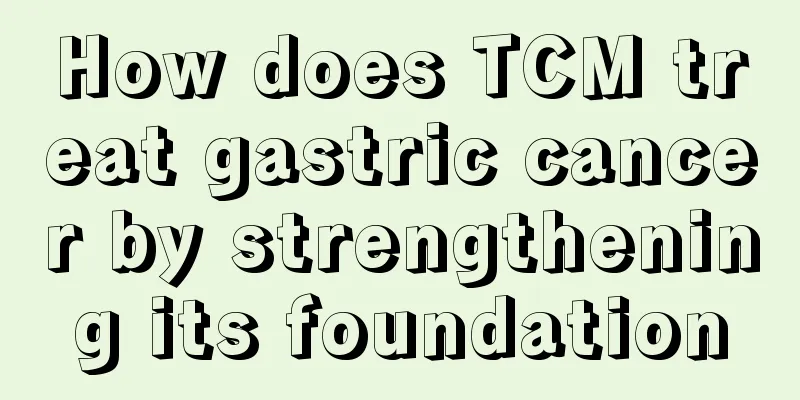Will long-term sinus tachycardia lead to sudden death?

|
Long-term sinus tachycardia mainly refers to a person's heart rate exceeding 100 beats per minute for a long time. Studies have found that excessive physical labor and excessive emotional excitement can cause this symptom; in addition, heart failure, hyperthyroidism, acute myocardial infarction, shock, acute myocarditis, etc. can also cause this disease. 1. Causes 1. Physiological factors There are many factors that affect heart rate, such as normal human physical activity, emotional excitement, a full meal, drinking strong tea or coffee; smoking and drinking can excite the sympathetic nerves and accelerate the heart rate. Changes in body position, such as standing up, excite the sympathetic nerves and increase the heart rate; lying down, the heart rate slows down. Sinus tachycardia caused by physiological factors is often transient and short-lived. 2. Pathological factors (1) Heart failure Especially in the early stages of heart failure, the heart rate often increases. (2) Hyperthyroidism Patients with hyperthyroidism will also experience sinus tachycardia, and the heart rate is generally 100~120 beats/minute. In severe cases, the heart rate can reach 120~140 beats/minute. (3) Acute myocardial infarction During the course of acute myocardial infarction, the incidence of sinus tachycardia can reach 30% to 40%. (4) Shock It can cause sinus tachycardia, and the heart rate can reach more than 100 beats/minute in mild shock; in severe shock, the heart rate is even faster, exceeding 120 beats/minute. (5) Acute myocarditis Most patients may experience sinus tachycardia that is out of proportion to the increase in body temperature. (6) Others Sinus tachycardia may occur in cases of anemia, fever, infection, hypoxia, autonomic dysfunction, and after cardiac surgery. 2. Long-term sinus tachycardia has the following effects 1. Patients with sinus tachycardia may experience symptoms such as palpitations and dizziness. 2. When patients with sinus tachycardia encounter emotionally exciting things in life, their hearts will shift to tachycardia, and they will experience symptoms such as palpitations, heart rate disorders, dizziness, fatigue, fainting, etc. Therefore, it has a great impact on the patients' lives, and they need to make timely psychological adjustments or use drugs to help the heartbeat return to normal. 3. Patients with sinus tachycardia do not have very serious organic diseases of the heart, but long-term tachycardia will also bring many side effects to patients, such as hypertension, myocardial ischemia and other symptoms, which endanger the health of patients. |
<<: What are the symptoms of paroxysmal nocturnal hemoglobin?
>>: Diet therapy for sinus tachycardia, daily conditioning should be like this
Recommend
What are the nursing methods for laryngeal cancer
With the improvement of medical level, the treatm...
Eyelid swelling caused by mosquito bites_Eyelid swelling caused by mosquito bites
In summer, there are a lot of mosquitoes, and the...
What is the usage and dosage of dapoxetine hydrochloride tablets
Dapoxetine hydrochloride tablets are a common dru...
What are the common symptoms of lung cancer? These symptoms may be lung cancer
Affected by the environment, the number of people...
My mouth gets sour after eating anything
When there are some problems with our body, even ...
Soreness in the little feet and stomach
Generally speaking, if your calves feel sore and ...
Facial skin does not absorb well
The poor absorption of facial skin is closely rel...
Why do children often have oral ulcers?
Children often suffer from oral ulcers, which mak...
What is the difference between green tea and oolong tea?
We all have the experience of drinking tea, but m...
How to prevent nasopharyngeal cancer? What are the ingredients for the dietary treatment of nasopharyngeal cancer?
How to prevent nasopharyngeal cancer? What are th...
Is there any connection between flushing and heart disease?
Doctors often tell us that we can judge physical ...
What is the normal heart failure index?
We should pay attention to understanding the norm...
How to clear the stool in the intestines
Intestinal stool is harmful to the body, so when ...
Precautions for postoperative care of colorectal cancer
For colorectal cancer, various drainage materials...
What are the benefits of tapping the back
Some people often tap many parts of their body in...









